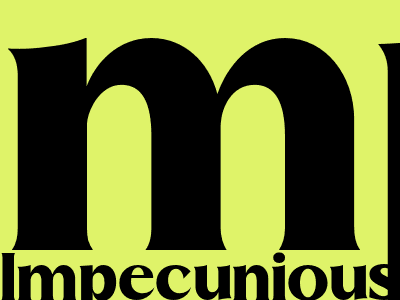Impecunious Crossword Clue
An Exhaustive Breakdown
Unveiling the Meaning and Synonyms of "Impecunious"
The crossword clue "impecunious" refers to a state of poverty or financial hardship. It describes an individual who lacks sufficient funds to meet their basic needs.
Common synonyms for "impecunious" include:
- broke
- penniless
- poor
- indigent
- needy
Exploring the Etymology of "Impecunious"
The term "impecunious" originates from the Latin words "in" (without) and "pecunia" (money). It first appeared in the English language in the 16th century and has retained its meaning of financial hardship ever since.
The word's etymology highlights the close association between poverty and a lack of monetary resources. It implies that individuals who are "impecunious" are devoid of financial means and, consequently, struggle to meet their basic needs.
Understanding the Broader Context of "Impecunious"
The concept of "impecuniosity" extends beyond its literal definition. It encompasses the social and economic factors that contribute to poverty and financial hardship.
These factors can range from unemployment and underemployment to lack of access to education and healthcare. Impecuniosity can also be a result of systemic inequalities, such as discrimination and unequal access to opportunities.
Addressing the issue of impecuniosity requires a multifaceted approach that tackles both its individual and systemic causes. This includes providing financial assistance, promoting job creation, and investing in education and healthcare.
Conclusion
The crossword clue "impecunious" encapsulates the experience of poverty and financial hardship. Its synonyms and etymology provide insights into its meaning and historical context.
Understanding the broader implications of "impecuniosity" is crucial for developing effective strategies to address poverty and promote financial well-being at both the individual and societal levels.

Comments